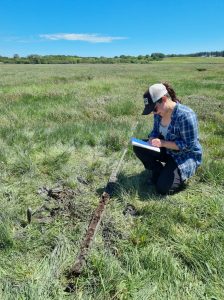
Back in May 2021, Kimberley Davies (inset ) and Sarah Elliott submitted a bid to BU’s ACORN internal fund, which is focussed on supporting the career development for Early Career Researchers.
The bid was entitled
“Filling the Gap: Investigating past and present socio-ecological resilience to aid future sustainability in the Poole Harbour Catchment”.
Their ACORN project proposal was designed as a steppingstone towards a future UKRI grant application. Kim and Sarah’s project, which would bring together decades of archaeological and ecological research in the Poole Harbour Catchment area, to develop scenarios of future resilience in coastal regions in light of potential large-scale environmental change, is aimed at the AHRC ECR grant.
Broadly the project aimed to characterise key events from the last ~10,000 years in the Poole Harbour area, e.g. sea level rise or agricultural intensification, and evaluate their socio-ecological impacts using historical profiling and theoretical models. The pilot study would also investigate the applicability of using palaeoecological ‘proxies’ and geoarchaeological markers in the sediment horizons to understand the impact of large scale events. This is critical in order to develop a plausible framework for future research, including defining appropriate sampling locations and relevant environmental proxies to signify key changes.
Kim and Sarah had written an excellent application and had complied with all the requirements of the application process.
Sarah commented ‘The application process for the ACORN grant, whilst resembling a small UKRI grant, was straightforward to assemble and submit. The ACORN team provided support with to help those who are unsure about the grant application process. The grant is really beneficial for anyone who wants to test ideas or generate preliminary data as often proof of concept is critical to the success of larger grants but can be difficult to obtain.’
Kim and Sarah were awarded funding and the project was successfully delivered within the time frame for the grant. Like most projects, it wasn’t plain sailing, but all the key aims were achieved and they are now actively working towards the submission of the full UKRI grant.
Kim stated that ‘The provision of a small sum of money has allowed us to generate pilot data that we are using as part of our larger bid. As two ECRs the ACORN grant allowed us to work closely together to develop this project idea as project leads, which is often difficult to do as part of other grants. We are now working together on the larger UKRI bid which makes this part less daunting and more achievable within a specific timeframe.’
These photos were taken during the fieldwork in Poole Harbour:
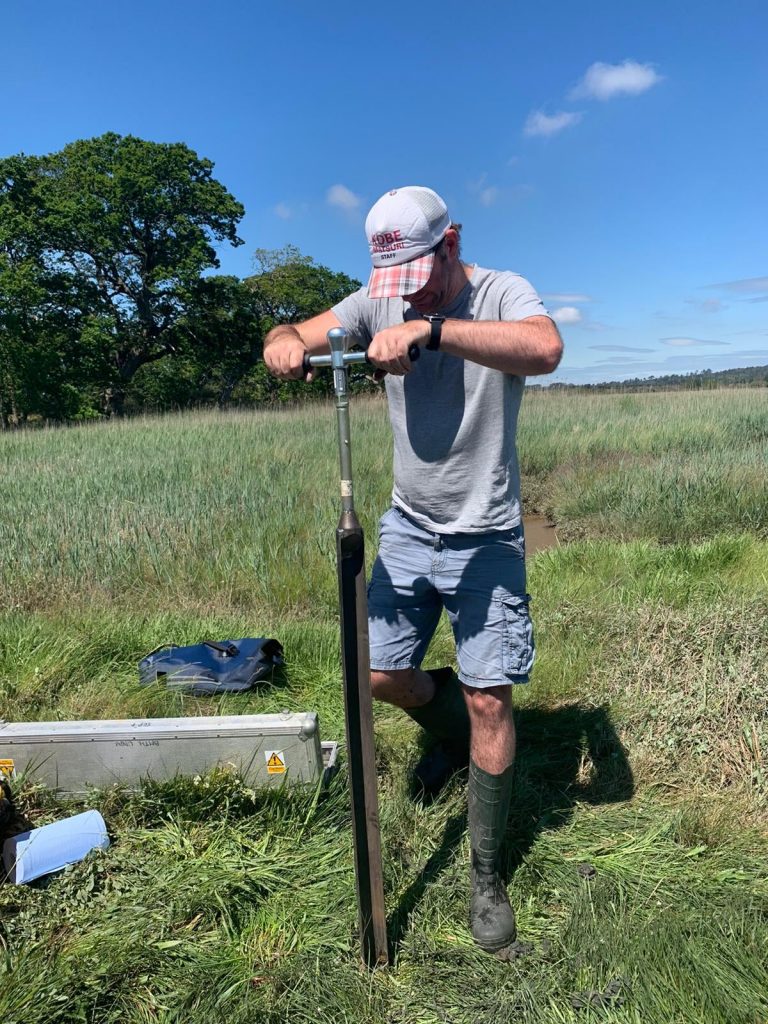
BU colleague Harry Manley joined Sarah and Kim on fieldwork to learn more about the process of palaeoenvironmental reconstruction. Sediments were retrieved from as deep as 5m below the surface. Multiple locations are logged in order to establish the best location to take a sediment core from.
During the analysis of the samples back in the lab :
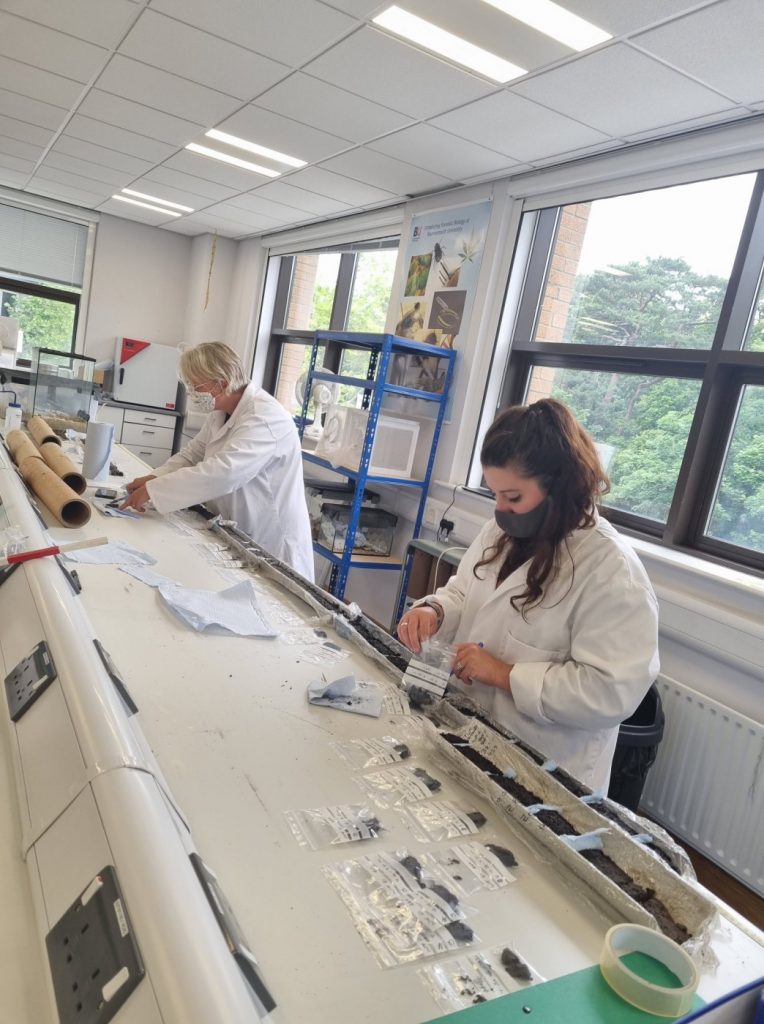
The lab analyses included looking at the geochemistry, organic content, pollen and silica phytolith microscopic plant remains, the magnetic susceptibility, particle size and insects. These analyses helped to understand what has been preserved and what can be looked at in detail in future projects.
The ACORN grant allowed the sediments to be dated and helped to establish that the deepest deposits sampled so far are approximately 5000 years old!
For more information about ACORN funding, see the ACORN intranet page or contact ACORN@bournemouth.ac.uk.
(Photo credits: Kim Davies and Sarah Elliott, Bournemouth University)
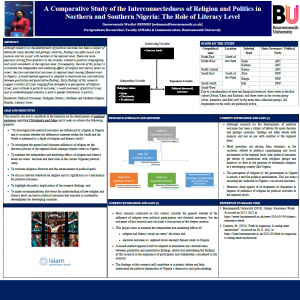
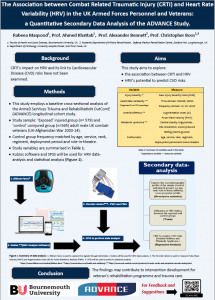
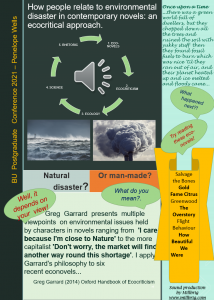
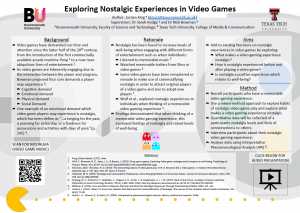
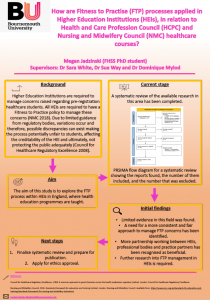
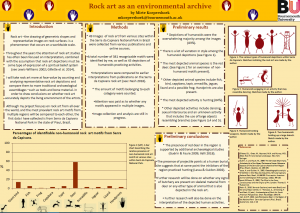
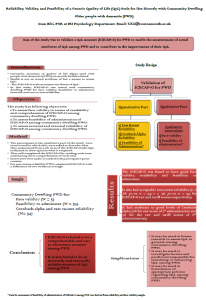
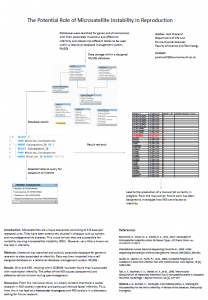
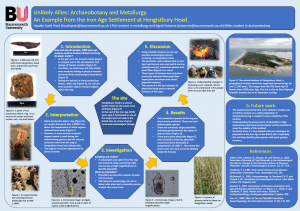
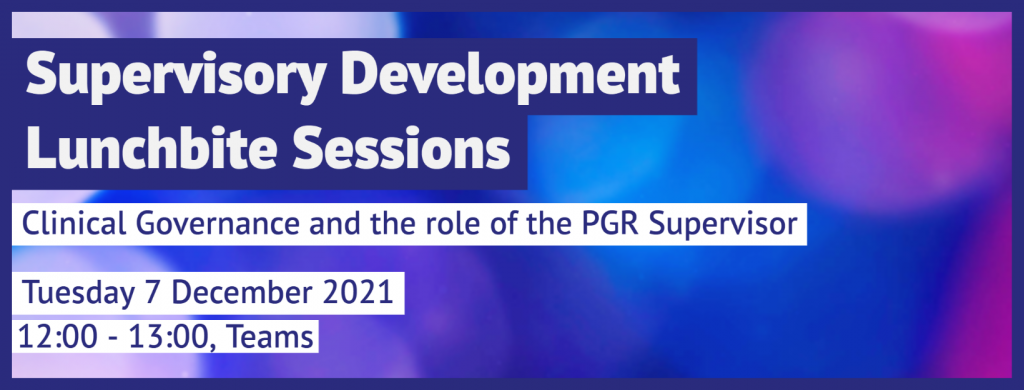
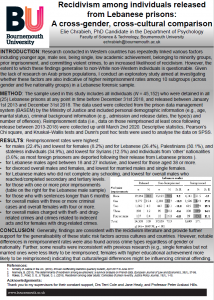
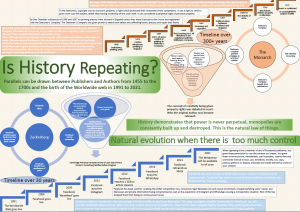
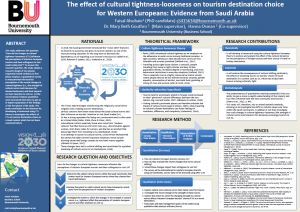
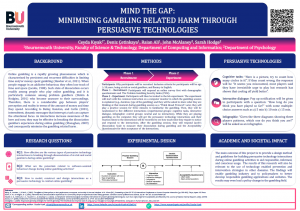
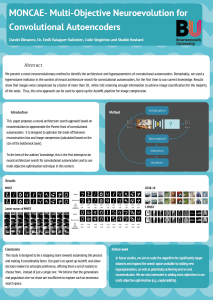
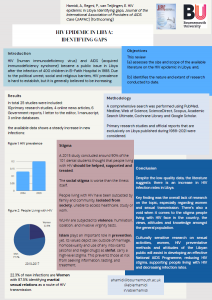



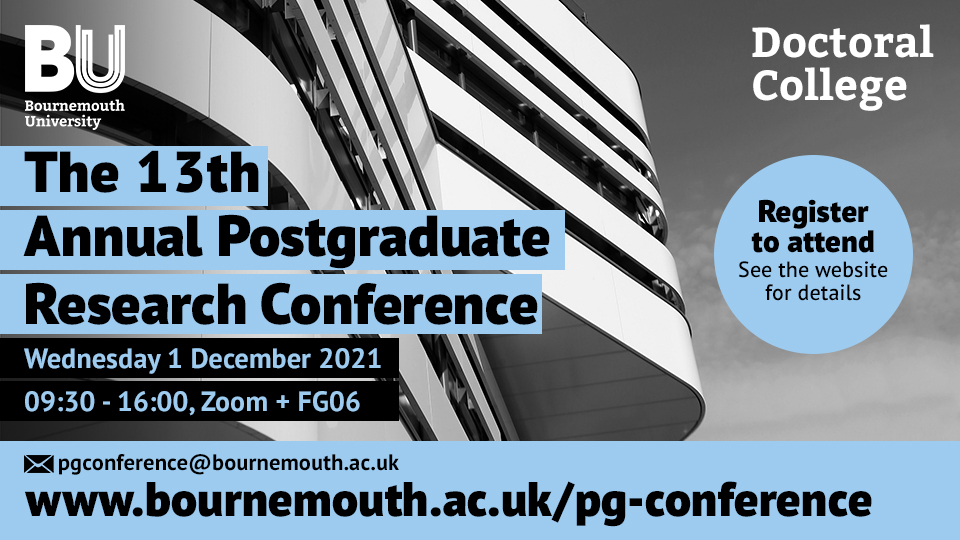











 New weight change BU paper
New weight change BU paper One week to go! | The 16th Annual Postgraduate Research Conference
One week to go! | The 16th Annual Postgraduate Research Conference Geography and Environmental Studies academics – would you like to get more involved in preparing our next REF submission?
Geography and Environmental Studies academics – would you like to get more involved in preparing our next REF submission? Congratulations to three former BU staff
Congratulations to three former BU staff MSCA Staff Exchanges 2024 Call – internal deadline
MSCA Staff Exchanges 2024 Call – internal deadline Applications are now open for 2025 ESRC Postdoctoral Fellowships!
Applications are now open for 2025 ESRC Postdoctoral Fellowships! Horizon Europe – ERC CoG and MSCA SE webinars
Horizon Europe – ERC CoG and MSCA SE webinars MaGMap: Mass Grave Mapping
MaGMap: Mass Grave Mapping ERC grants – series of webinars
ERC grants – series of webinars